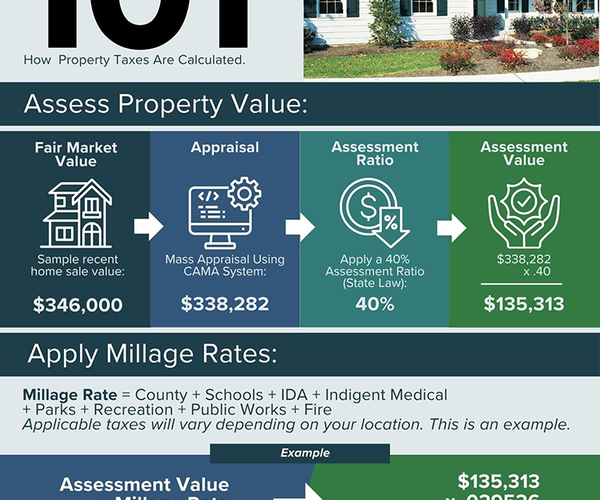SPRINGFIELD, Ga. — The Effingham County Library Board voted unanimously Wednesday to end its more than 80-year relationship with Live Oak Public Libraries and transition to the Statesboro Regional Public Libraries system.
The transition must be completed by June 30, 2026.
What changes for patrons?
Library patrons should see no immediate changes to their services.
“Services will stay the same while we are working through the transition,” said Joanna Cartrette, library board vice chair.
Cartrette emphasized that the board has no issues with Live Oak staff and focused on the financial and operational aspects of the system before making its decision.
“There is no ill will toward LOPL or anyone who works in the current library system,” she said. “All of these are wonderful people. The last thing we want is any ill will.”
After the vote, Betsy McCullar, director of communications for Live Oak, said, “We are looking for an orderly and expedient transition.”
Why the board made the decision
The vote followed two weeks of due diligence after the Nov. 6 public hearing. Cartrette said board members reviewed financial data, compared budgets, and consulted with state and regional library officials.
Trustees focused on four priorities:
- the county’s financial interests
- patron services
- governance
- the future of library employees
Maintaining jobs for all current library staff was essential, Cartrette said. Employees will keep their positions and retain access to the Teachers Retirement System under the Statesboro system.
What options were considered
Board members evaluated three scenarios before voting: remain with Live Oak, join Statesboro, or create an independent county-run system. The board unanimously rejected the independent option.
“The independent option would have been more challenging and expensive,” Cartrette said.
Collection concerns: What Effingham keeps — and what it must replace
One of the biggest questions raised Wednesday involved what happens to Effingham’s library materials if the county leaves Live Oak.
Live Oak officials say roughly 90% of the county’s physical collection belongs to the regional system and would not remain in Effingham. Live Oak’s legal counsel, Wade Herring, confirmed during the Nov. 6 meeting that the county would retain about 10%.
Live Oak Operations Director Doug Bailey estimated the entire system’s physical materials were worth $1.09 million as of June 30, with Effingham’s share representing 9.48%. Replacing that portion could cost about $900,000, he said.
County officials dispute that estimate. County Manager Tim Callanan said the Live Oak agreement outlines a formal process for determining value, and the Board of Regents or the State Library can resolve disputes. Some audience members expressed concern that determining the collection’s value could result in a costly legal battle, but Cartrette said the valuation and acquisition “will not be a roadblock.”
Statewide resources — including PINES, Georgia’s lending network, and GALILEO, the virtual library system — will remain under the Statesboro system. However, additional databases purchased by Live Oak will not transfer, including Hoopla, a digital service offering movies, music, e-books, comics, and audiobooks.
Cartrette said the county has funds to rebuild the collection and could repurchase select materials from Live Oak. Board member April Nelson emphasized surveying patrons to determine which resources are most used. She noted that Hoopla costs about $50,000 annually and should be maintained only if usage supports the expense.
Financial impact
Callanan told the board the county would save about $338,000 per year — based on 2025 figures — by switching systems. Effingham currently pays about $1.03 million annually to remain in the Live Oak system.
Officials have cited Live Oak’s higher administrative costs as a strain on the county budget. The projected savings could be reinvested in library facilities, collections, and staffing.
Governance changes
Governance also played a key role in the decision. Effingham currently holds two seats on the Live Oak regional board, compared with eight from Chatham County and two from Liberty County — a structure some officials have criticized as imbalanced.
Joining the Statesboro system would give Effingham two representatives, matching other member counties — Bulloch, Bryan, Candler, Emanuel, and Evans — and creating what supporters say is more equitable representation.
Potential pushback
After the meeting, Ivy Gibbins and other supporters of Live Oak said they were researching a possible petition campaign to challenge the County Commissioners’ Oct. 7 resolution that recommended the library board end the Live Oak relationship.








